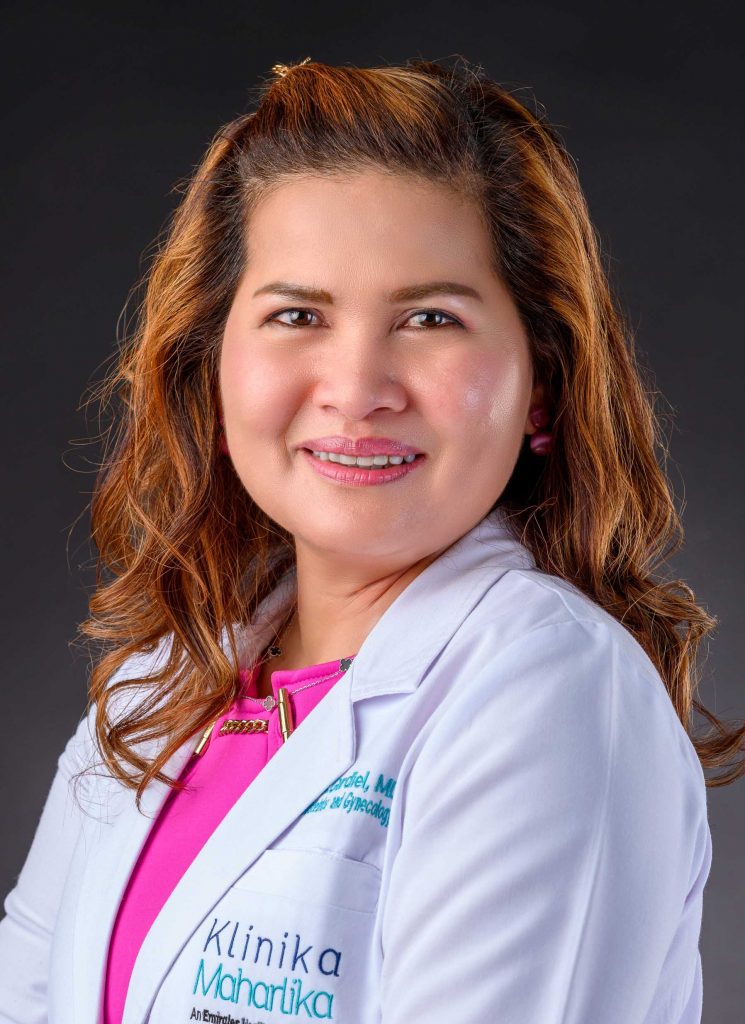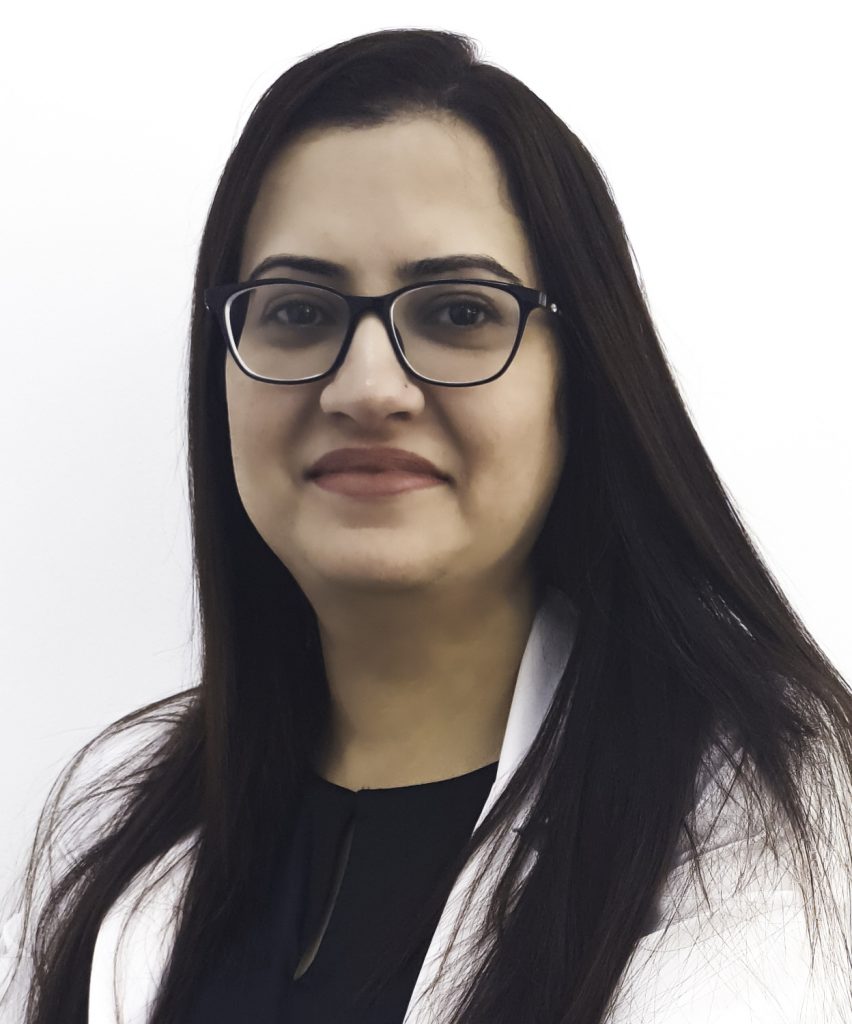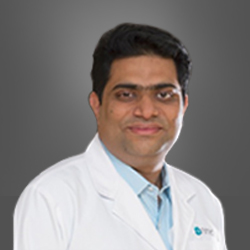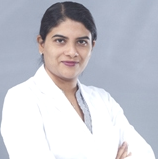Data gathered by The Filipino Times from health experts in the UAE reveal that there are 30 new breast cancer cases per month among Filipino women in the UAE.
This means a projected maximum of 360 out of 1000 cancer cases this year.
The number however is seen to decrease by 20percent as compared to 2018.
Hospitals mostly catering to Filipinos are optimistic that 50 breast cancer patients will be treated this year.
In the Philippines, research from the Philippine Statistics Authority (PSA) and a study by the Philippine Obstetrical and Gynecological Society (POGS) has shown that three out of 100 Filipino women are likely to develop breast cancer.
Oncologists and experts from different medical institutions have laid out the most common risk factors of breast cancer based on the cases that their respective hospitals and treatment centers have handled.
1. Sedentary lifestyle and obesity
Among the major causes that increases the risk of breast cancer, especially for post-menopausal women, relates to the weight that they’ve put on.
“Weight gain of 20 to 25 kilograms above the ideal body weight, consuming too much refined carbs, a sedentary lifestyle, plus the regular consumption of alcoholic drinks as well as smoking all contribute to increase the risk of developing breast cancer,” said Dr. Mapet Gurdiel, a Filipino OB Gyne at Klinika Maharlika in Abu Dhabi.

2. Genetics and hereditary risks
Individuals who have family members suffering from cancer are also more likely to generate cancerous cells due to the genes that they share.
“Certain gene mutations that increase the risk of breast cancer can be passed from parents to children. The most well-known gene mutations are referred to as BRCA1 and BRCA2. These genes can greatly increase your risk of breast cancer and other cancers, but they don’t make cancer inevitable,” said NMC Specialty Hospital Abu Dhabi’s resident oncologist, Dr. Cherian Thampy.
Dr. Gurdiel added that this is the most widely recognized risk factor for breast cancer. “The lifetime risk is up to four times higher if a mother and sister are affected, and five times higher in women who have two or more first-degree relatives with breast cancer,” warns Dr. Gurdiel.

3. Age
Dr. Rekha Mandhan, Klinika Maharlika Dubai’s OB Gyne, said studies have revealed that age is a factor on whether the individual is likely to develop breast cancer. “The risk for breast cancer increases with age. Most breast cancers (80%) occur in women over the age of 50,” said Dr. Mandhan.
Men aren’t safe either as the doctor adds that they can develop it too: “Most men who get breast cancer are over 60.”
4. Periods, pregnancies and menopausal factors
Dr. Thampy underscored that women who might have begun their periods early in life or menopaused at an older age have increased risks of developing breast cancer. “Beginning your period before age 12 or beginning menopause at an older age makes you more likely to develop breast cancer,” said Dr. Thampy.

The oncologist added that pregnancy may be an issue as well: “Women who give birth to their first child after age 30 as well as women who have never been pregnant have a greater risk of breast cancer than women who have had one or more pregnancies.”
5. Environmental risk factors
Dr. Gurdiel explained that being exposed to certain external environments may likewise contribute to the increased risk of developing cancer cells.
“Exposure to tobacco smoke, both passive and active; regularly eating charred and processed food; and exposure to carcinogenic substances from pesticides, radiation as well as dietary estrogens put you in a greater risk,” said Dr. Gurdiel.
6. Pre-existing breast conditions
Experts have also observed a trend that women who have had medical conditions on their breasts are also vulnerable to the disease.
“If you’ve had a breast biopsy that found lobular carcinoma in situ (LCIS) or atypical hyperplasia of the breast, you have an increased risk of breast cancer,” said Dr. Thampy.
Controllable risk factors
As experts have said, there are several risk factors that women themselves can manage. Dr. Mandhan explained that lifestyle adjustments play a crucial role to make sure that you minimize the dangers of being exposed to external factors that lead to generating cancer cells in the body.
“Proper diet, regular exercise, little to no alcohol consumption, avoiding smoking, reducing stress, as well as controlling your weight gain especially for women after menopause are all important for you to be safe from getting cancer,” said Dr. Mandhan.
Discovering cancer at an early stage – 0 to 1 – provides a cure of almost 100 percent, said Dr. Sreekala Sreehari, histopathologist at NMC Royal Hospital in Khalifa City, Abu Dhabi.

“As a professional working in Breast cancer diagnostics for the past 15 years, I strongly believe that early cancer detection is the key in saving precious lives,”said Dr. Sreehari.
Early detection awareness is the key, she said. This can be done by monthly self-breast examination after reaching 20 years of age and consulting a doctor if any changes or lump is detected. Mammogram is needed for those over 40 years old.
Dr. Sreehari said current advancements in medical practices makes an almost 100-percent cure for early detections.
“Breast cancer survivors can live the rest of their lives like any other normal woman who never had the disease,” she said.
Increased survival rates
While breast cancer continues to be among the top reasons of women’s deaths across the globe, awareness drives such as the Breast Cancer Awareness Month celebrated every October has created a huge impact when it comes to generating buzz and leading women to take action for the betterment of their health.
“Breast cancer survival rates have increased, and the number of deaths associated with this disease is steadily declining due to factors like early detection, personalized approach to treatment and a better understanding of the disease,” said Dr. Thampy.



